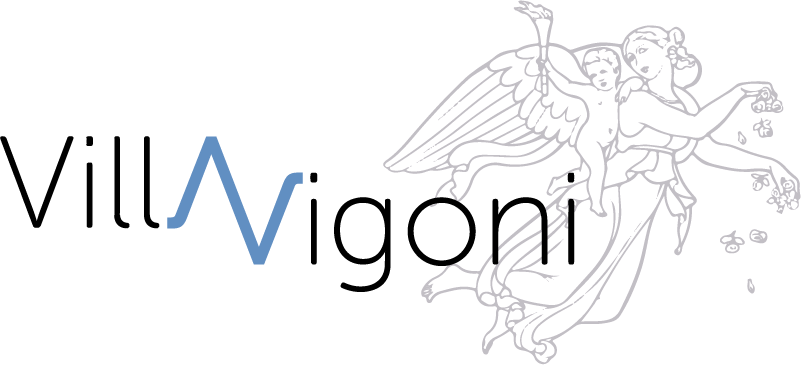


Since the beginning of the pandemic, both the political world and the general public have increasingly listened to the voices of virologists and epidemiologists. Never before has science been at the heart of society and driven political decisions as it has during this crisis. A great opportunity that conceals considerable dangers.
The past year has taught us that the value and effectiveness of scientific communication are measured by the willingness and ability of the specialists involved to coordinate. Where it has been lacking, the dissemination of knowledge has revealed its flaws and its danger.
Another question has also contributed to the confusion and irritation of the general public: why and when do researchers and scientists change their views? The fact that a point of view is carried forward or corrected on the basis of new knowledge is not a notion that sits well with most people.
Promoted by the German-Italian economic association MERCURIO, the initiative "Wissen teilen | Per una scienza partecipata" was born out of a desire to examine current issues in depth, but also to investigate from a German-Italian perspective how scientific knowledge is formed, exploited and disseminated. It is inspired by the democratic ideal of a scientific citizenship, with an aim of bringing the scientific community and the civil community closer together, and makes use of the fundamental contribution of Villa Vigoni and the Italian Academic Forum.
This title marks the start of a new series of digital formats featuring representatives from the worlds of industry, science and culture in Italy and Germany. It forms part of Villa Vigoni's annual focus "What keeps Europe: European Knowledge" and of the initiative "Il FAI nella Rete" (FAI on the Net), curated by the Italian Academic Forum.